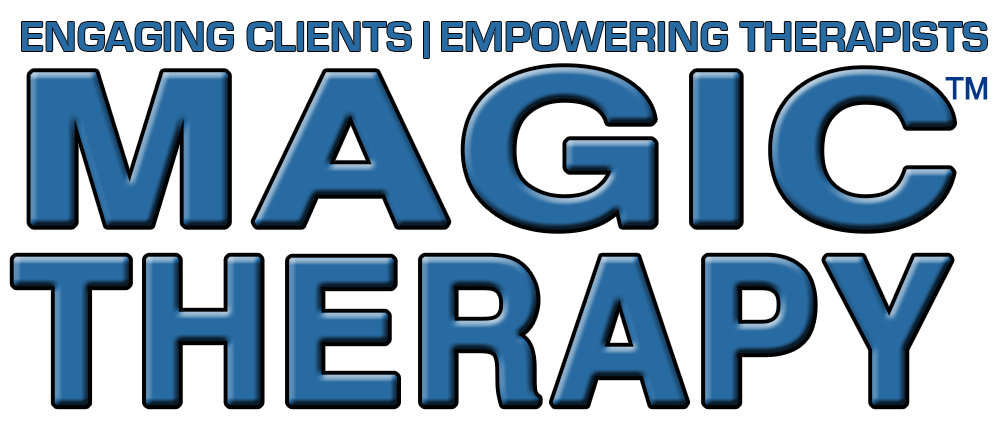Magic and Acquired Brain Injury
TEACHING MAGIC TRICKS TO PATIENTS AS AN ADJUNCT TO THEIR REHABILITATION PROGRAM
Evan H. Kwong MSc
Faculty of Medicine, University of Toronto, Toronto, Ontario, Canada
Nora Cullen MD, MSc, FRCPC
Faculty of Medicine, University of Toronto, Toronto, Ontario, Canada
Toronto Rehabilitation Institute, Toronto, Ontario, Canada

Objective: To evaluate a pilot program involving teaching magic tricks to Acquired Brain Injury (ABI) patients undergoing rehabilitation at the Toronto Rehabilitation Institute (TRI).
Method: From June 2006 to January 2007, simple magic tricks (from the Healing of Magic manual) were taught to inpatients at the TRI Acquired Brain Injury unit. Over this study period, a total of 11 inpatients were recruited to participate in questionnaires and interviews before and after the intervention (learning magic tricks). To evaluate effects on quality of life, self-esteem, and mood, study participants were asked to complete the EuroQol EQ-5D Health Questionnaire, the Rosenberg Self-Esteem Scale, and the Rand 36-Item Short Form Health Survey Instrument (SF-36). Study participants were also interviewed to evaluate the program qualitatively.
Results: Of the 11 study participants, 5 completed both the pre- and post-intervention questionnaires while 9 completed both interviews. Study participants learned magic tricks over 2-4 weeks. The mean EQ VAS health status scores increased from 70.5±19 to 75±15, albeit non-significantly (p=0.20). Changes in mean scores of the Rosenberg Self-Esteem Scale were also non-significant (22.8±3.8 to 25.8±5.0, p=0.20). Of the eight SF-36 scales, only the “Energy/Fatigue” scale significantly increased from 61±8 to 74±10 (p=0.02). The two scales related to mood showed non-significant changes: “Role limitations due to emotional problems” (60±37 to 87±30, p=0.09) and “Emotional well-being” (81±11 to 89±5, p=0.09). Two underlying themes for initial interest in the program were “attending a fun and social activity” and “learning magic to show others.” Three main themes identified from the post-intervention interviews: “interesting activity”, “challenging due to decreased function”, and “increased self-esteem when successful.”
Conclusion: Incorporating a program of teaching simple magic tricks to patients undergoing rehabilitation may be an effective adjunct to their regular rehabilitation program. The pilot program at TRI may be improved by using the suggestions provided by the study participants and by increasing the number of patients involved.

